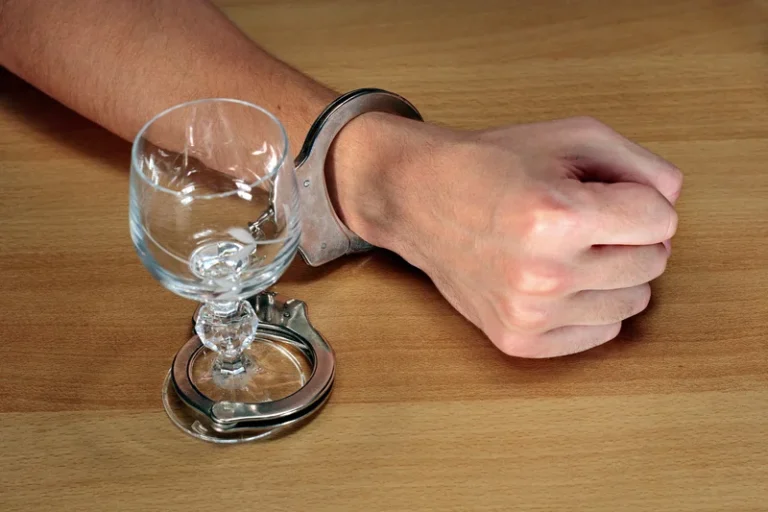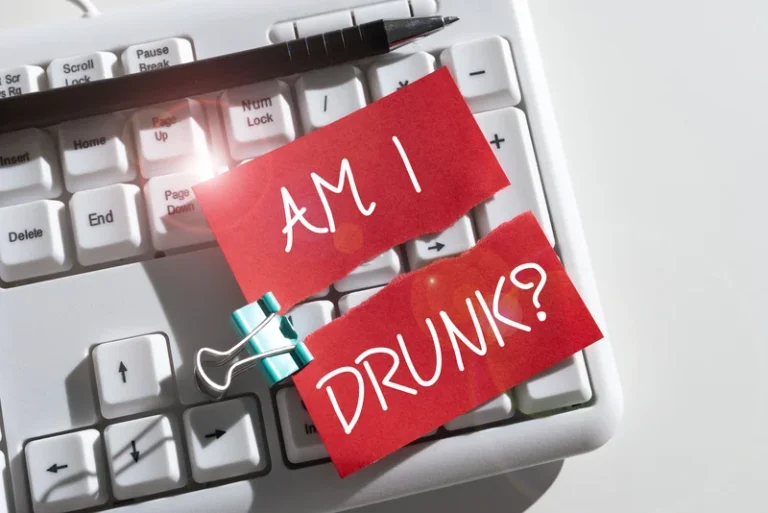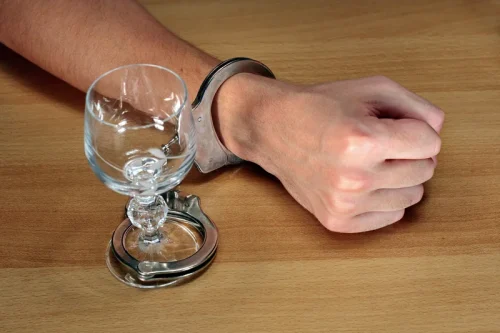
As was found with the individual- or group-based interventions, much of the research focuses on children and young people with substance-use disorders and who are more likely have comorbid psychiatric disorders. Although not specifically focused on alcohol, this does not significantly detract from their applicability to this guideline because comorbidity with conduct disorder and polydrug use is a common feature among young people with significant alcohol misuse. The research to date does not, however, favour one particular multicomponent intervention over another for the treatment of alcohol misuse. In maintaining abstinence, no significant difference was observed between counselling and other therapies when assessed up to 6-month follow-up. However, bar the 6-month follow-up, these results are based on a single study (OFARRELL1992) whereas in the analyses assessing couples therapies versus other active therapies, more studies were included in the analyses for this outcome.
- Lisa Badgley, a certified interventionist who has been through the serpentine valley of this disease herself, is a prime example of success.
- For example, an individual might rationalize their drinking (“I deserve this after a hard day”) or engage in all-or-nothing thinking (“I’ve already had one drink, might as well keep going”).
- Each medication is discussed in terms of its mechanism of action, target symptoms, and potential side effects.
- Outpatient treatment is effective for individuals with mild to moderate alcohol addiction who do not require 24-hour care.
The immediate physical effects of alcohol
- Other reasons were that treatment was opportunistic as opposed to planned, the study was not directly relevant to the review questions, or no relevant alcohol-focused outcomes were available.
- The patient has an initial assessment followed by four treatment sessions and two follow-up telephone calls.
- Remember, recovery is a journey, and with the right support, a substance-free life is possible.
- However, in the cost-analysis, home detoxification was compared with other detoxification programmes, such as inpatient and outpatient programmes.
It slows down communication pathways in the brain, psychological dependence on alcohol which can alter mood, behaviour, and coordination. Physiologically, alcohol increases heart rate and dilates blood vessels, causing temporary feelings of warmth, flush appearance, and, in some cases, decreased muscle control. Understanding these immediate effects is crucial for recognising how alcohol consumption can escalate from casual use to dependency. For family members’ reports of a person misusing alcohol or drugs and self-report measures. There is an increasing recognition that alcohol misuse affects the entire family and the communities in which these families live but what constitutes best practice in the area is not well understood (Copello et al., 2006).

Contingency management versus other active intervention

Contingency management, although a behavioural intervention, was analysed separately because it is based on the classic reinforcement model and has no alcohol specific formulation (see Section 6.11 for evidence review). Aversion therapy was excluded because it is no longer routinely used in alcohol-misuse treatment in the UK. Three trials relating to clinical evidence met the eligibility criteria set by https://ecosoberhouse.com/ the GDG, providing data on 1,058 participants. All three studies were published in peer-reviewed journals between 1999 and 2007.
- Twenty RCT trials relating to clinical evidence met the eligibility criteria set by the GDG, providing data on 3,970 participants.
- No significant difference was observed between a psychoeducational intervention and other active interventions in attrition rates and other drinking-related variables.
- Acamprosate is thought to work by reducing symptoms, such as anxiety and insomnia, that may follow lengthy abstinence.
- Various psychological theories attempt to explain the development of alcoholism.
- Couples therapy was significantly more effective than other active interventions in reducing heavy drinking episodes when assessed up to 12-month follow-up.
How doctors diagnose alcohol dependence

One common method involves the use of benzodiazepine medications, such as diazepam. These can be either given while admitted to a health care institution or occasionally while a person remains in the community with close supervision. After detoxification, various forms of individual or group therapy or support groups can help keep a person from returning to drinking.
- Their body gets used to the substance (chemical tolerance), they fear withdrawal symptoms, and they have strong cravings.
- A nuanced understanding of these neurochemical processes provides a foundation for pharmacological interventions aimed at restoring balance and mitigating the neurobiological underpinnings of dependence.
- Again, the outcome measure used in the analysis was the QALY calculated from disability weights derived from a single published source (Stouthard et al., 1997).
- However, no significant differences were observed between contingency management with network support and control for follow-up periods greater than 15 months.
The study by Slattery and colleagues (2003) showed that four psychological interventions, including coping/social skills training, BSCT, MET and marital/family therapy, offered significant healthcare cost savings compared with standard care for alcohol-dependent patients. The UKATT Research Team (2005) suggested that MET was cost effective in people who misuse alcohol, at current UK thresholds, in comparison with SBNT (but note that it was not identified as a clinically effective Sober living home intervention in this guideline). Fals-Stewart and colleagues (2005) concluded that brief relationship therapy was significantly more cost effective compared with standard BCT, IBT and psychoeducational control treatment.

Importantly, there was a lack of evidence for their effectiveness compared with treatment as usual or control. For all of the above interventions the evidence was judged to be of a high or moderate quality on the GRADE profiles. Eight trials relating to clinical evidence met the eligibility criteria set by the GDG, providing data on 602 participants. All eight studies were published in peer-reviewed journals between 1988 and 2009. When studies did meet basic methodological inclusion criteria, the main reason for exclusion was not having alcohol-focused outcomes that could be used for analysis. The GDG reviewed the evidence for the clinical and cost effectiveness of various psychological interventions for the treatment of alcohol misuse.
